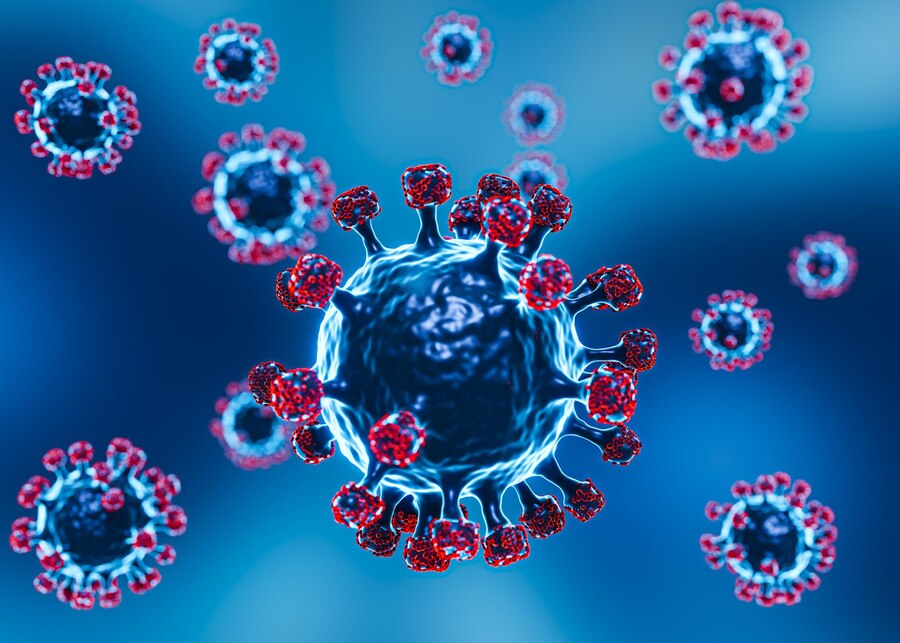Corona and its new variants have been seen increasing health problems globally for more than four years. The Corona epidemic, which started at the end of 2019, is still not stopping. These days, due to Omicron's new variant JN.1, cases of infection have been seen increasing in many countries. In India too, due to this variant, active cases of corona increased along with daily infections, although now improvement is being seen. Singapore- The situation remains quite challenging in many countries including America.

In the research conducted on the nature of new variants of Corona, the team of scientists said that JN.1 is a highly infectious variant, but due to this, the risk of developing serious diseases is seen to be less.
In such a situation, the big question is whether the infected people are still facing problems like loss of taste and smell. Let us understand about this.
Corona and its symptoms
It is noteworthy that most of the people infected with the Delta variant of Corona had complained of problems like loss of taste and smell. Apart from this, Delta has been considered one of the most dangerous variants of Corona so far. So are people facing such problems due to the JN.1 variant also?
In a medical report published in this regard, Covid expert David Strain says, that at the beginning of the epidemic, the reported symptoms were mainly loss of smell and taste. Since COVID-19 is a respiratory disease, it commonly causes shortness of breath and cough.
Severe symptoms reduced due to vaccination
Professor Betty Raman of Oxford University says severe cardiorespiratory symptoms and problems like brain fog were also seen in some people infected with earlier variants. During this period, the number of people admitted to the hospital was also quite high. However, the increased rate of vaccination along with mutations in the corona has protected people from serious diseases. In case of infection, people who have been vaccinated are experiencing fewer problems like serious breathing problems or loss of taste and smell as before.
The problem of loss of smell or taste in Omicron-infected people
Recent research has shown that only 6-7% of people infected with Omicron and its variants have symptoms such as loss of smell or taste. David Strain says that now the problem of diarrhea or headache is being seen more in patients. Gastrointestinal symptoms have been more commonly reported in people infected with new and emerging variants like JN.1. Most patients still experience upper respiratory symptoms when infected, but the risk of it becoming severe is less.

Most of the infected people are facing problems like sore throat, runny nose, and dry cough. Other common symptoms include fever, body aches, headache, shortness of breath, fatigue, nausea, and diarrhea.
Additional immunity may decrease in people
The point to note here, experts say, is that most people received their booster dose about two years ago, which means that the additional immunity in large sections of the population is now beginning to wane. If a serious pathogenic variant then emerges, there may be a risk of disease progression. At present, the symptoms of COVID-19 have become like the flu, hence it is becoming difficult to differentiate the two.
Experts have expressed hope that even if there is a mutation in Corona, the risk of developing serious diseases due to it will be less. There is also less possibility of much change like the virus.
(PC: Freepik)










